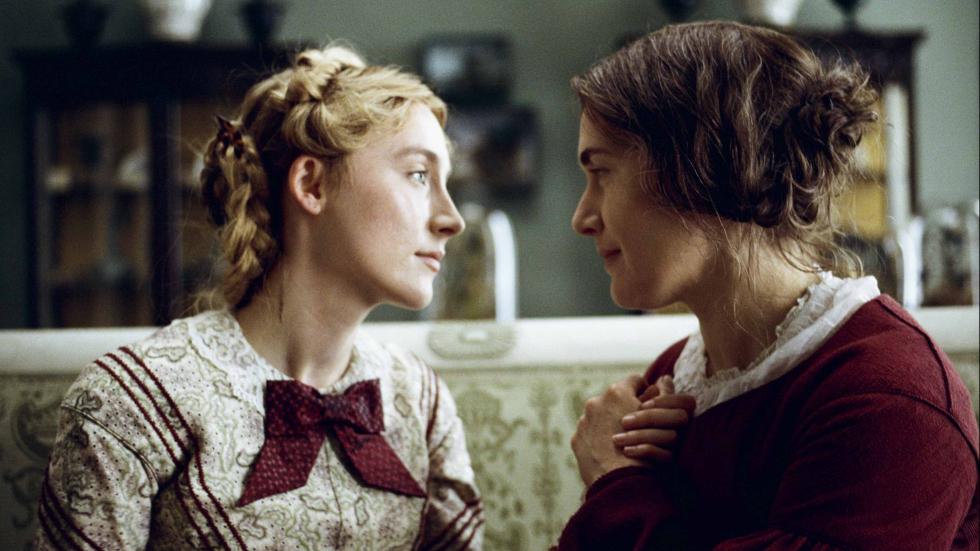Key European filmmakers such as Gianfranco Rosi, Malgorzata Szumowska, Cristi Puiu, Jasmila Žbanić and Andrey Konchalovskiy join the Official Selection
The Festival includes the long-awaited DAU. Natasha in the Official Section, one of the most ambitious and controversial projects conceived by the Russian filmmaker Ilya Khrzhanovskiy
Four of the films in the Official Selection come with the stamp of the 2020 Cannes Film Festival. One of them is Ammonite, by Francis Lee, starring Kate Winslet and Saoirse Ronan
Seville, October 16th 2020 - The films of Gianfranco Rosi, Malgorzata Szumowska, Cristi Puiu, Jasmila Žbanić, Francis Lee or Andrey Konchalovskiy will be part of the Official Section of the Seville European Film Festival, which today completes the list of titles competing for the Golden Giraldillo in this 17th edition. Following the line of films already announced, including new works by Christian Petzold, Abel Ferrara and Luis López Carrasco, the programme offers 17 productions that showcase European cultural diversity with powerful, committed and relevant cinema. Some of the titles in competition have won awards in Venice or Berlin and four of them are backed by the Cannes Label, the label of an event that the pandemic prevented from being held and that four other feature films from other sections of the Seville Festival are also displaying this year.
The undisputed stars of European cinema
After winning the Golden Bear in Berlin with his previous film Fuego en el mar (2016) and the Golden Lion in Venice as well as the Silver Giraldillo in Seville with Sacro GRA (2013), the Italian Gianfranco Rosi now presents his new work, Notturno. Master of nonfiction, Rosi focuses on daily life at the borders of Iraq, Kurdistan, Syria and Lebanon: the traces of war, the murderous ashes of ISIS, cannot defeat the humanity of the survivors. A film that has already won three awards at the last Venice Film Festival.
Other filmmaker with a pedigree is Cristi Puiu, whose resume also includes several awards from Cannes (with The Death of Mr. Lazarescu) or Karlovy Vary (Aurora), who is one of the most representative voices of the New Wave of Romanian Cinema, together with Cristian Mungiu or Corneliu Porimboiu. In Malmkrog, Puiu presents his most profound and monumental film, reflecting on the status of Europe, and on subjects such as death, love, politics and religion, based on a 19th century text by Russian philosopher Vladimir Solovyev.
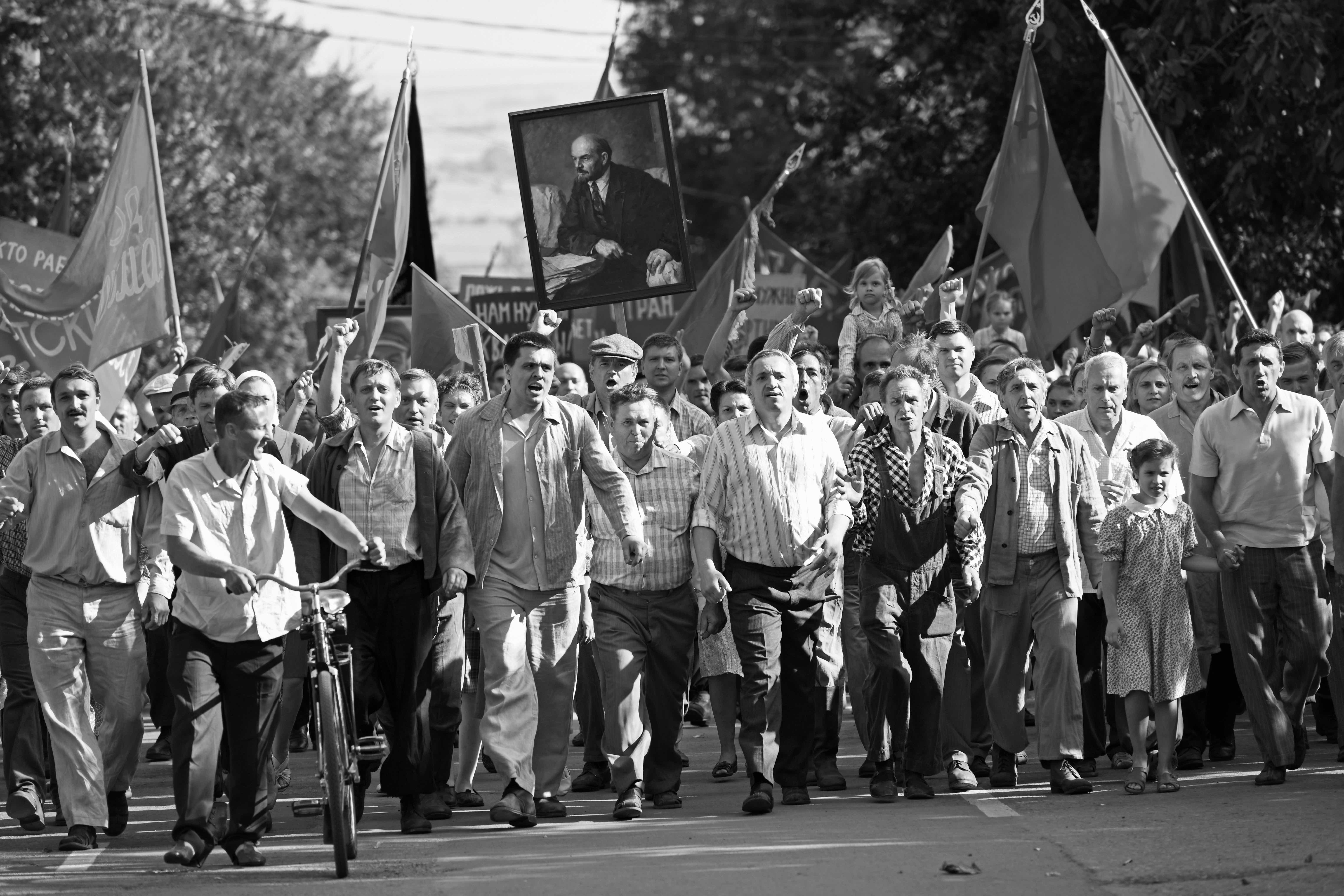
Another veteran with an undisputed career is the Russian Andrey Konchalovskiy (Maria's Lovers, Runaway Train, Tango & Cash ). At 83 years of age and with a career spanning almost 60 years, much of which has taken place in the United States, the filmmaker now presents Dear Comrades!, a period drama that depicts a massacre perpetrated in the city of Novocherkask by the Soviet authorities in 1962 and silenced for years, in the face of a peaceful demonstration by workers protesting against the population's shortage of food. Winning the Grand Jury Prize in Venice, the film shows the doubts aroused in the conscience of a convinced member of the Communist Party by the aftermath of the massacre.
In Quo Vadis, Aida?, the Bosnian filmmaker Jasmila Žbanić (Golden Bear at the 2006 Berlinale for Grbavica (Sarajevo, mon amour) delivers a suffocating story of great emotional intensity that follows the adventures of a UN translator in the hell of Srebrenica, at the height of the Balkan War. The film has been shortlisted for the next Oscars representing Bosnia-Herzegovina.
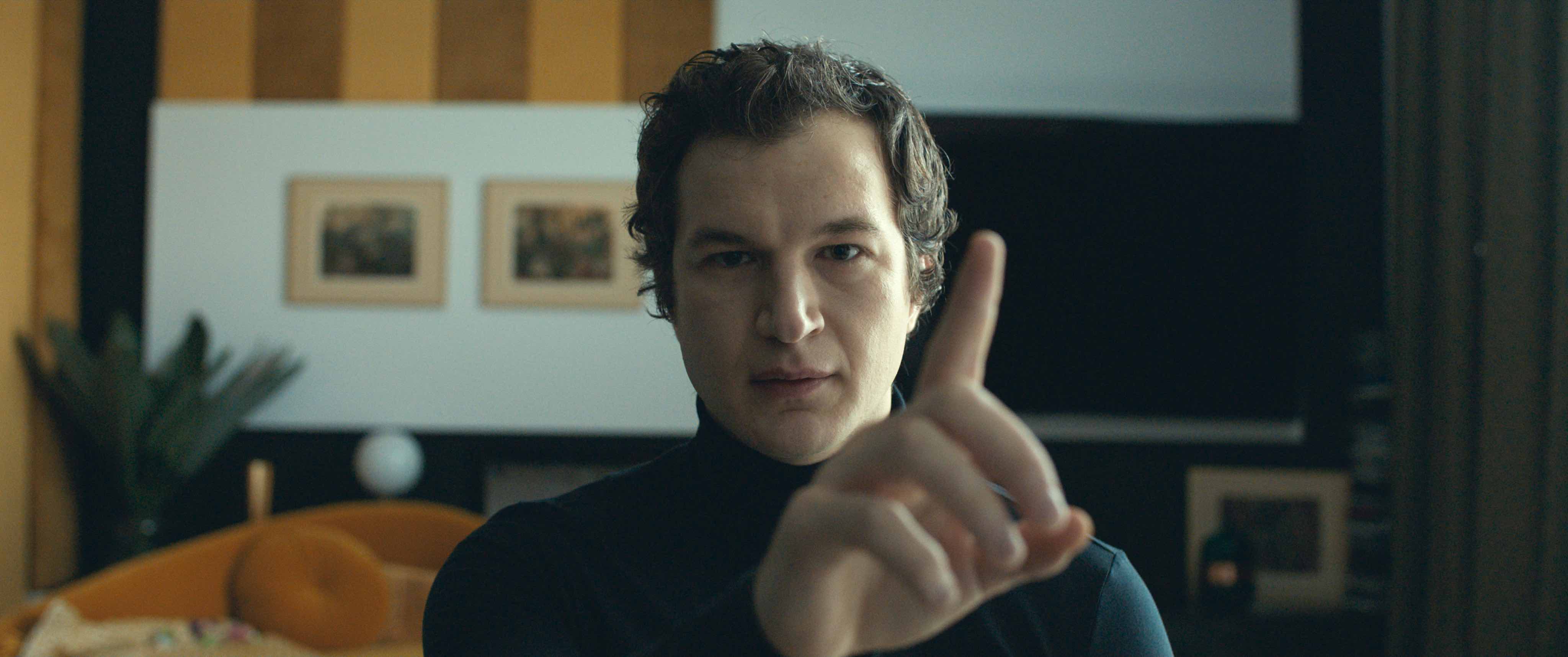
Also in the Oscar race, this time representing Poland, is Never Gonna Snow Again, the latest film by another leading filmmaker, Malgorzata Szumowska (who was awarded in Berlin with her previous works Mug and Body). Co-directed by four authors with their director of photography Michal Englert, this is an imaginative film, audacious and eccentric at times, which portrays a masseur with the extraordinary ability to inject happiness into his clients.
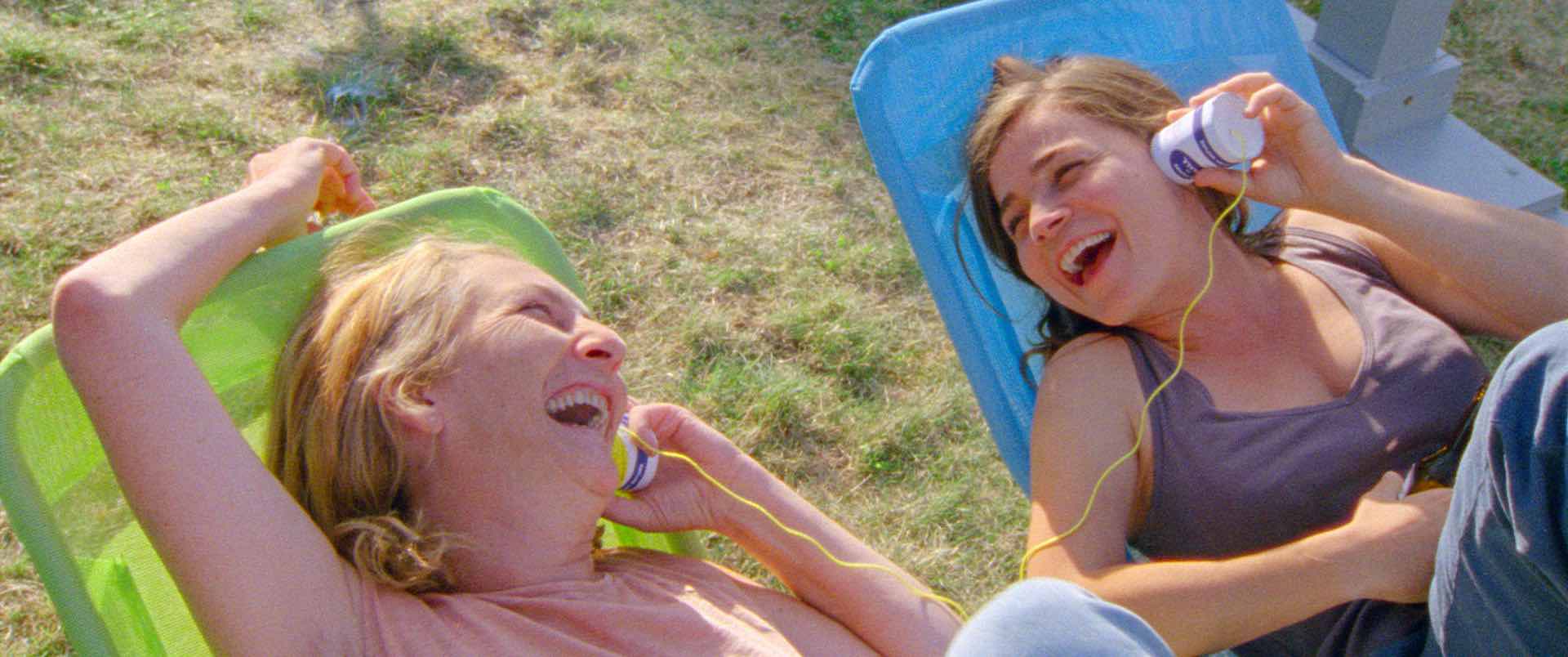
Winner of the Special Silver Bear of the Jury in Berlin, Delete History is a hilarious comedy with an eccentric twist, co-directed by Benoît Delépine and Gustave Kervern. The couple's ninth feature film (who previously shot titles such as Mammuth and Le grand soir) satirizes the addiction to technology that has changed interpersonal relationships to delirium, and includes a hilarious cameo by Michel Houellebecq.
The DAU Project: monumental cinema
One of the highlights of this year' s Festival is the first screening of the colossal DAU project: born more than a decade ago from the mind of Ilya Khrzhanovskiy, the pharaonic idea led to the construction of a huge set of several square kilometres in Ukraine, the largest in Europe, where a journey in time was experienced: Many professionals settled for months in that gigantic place, known as The Institute, to recreate a Soviet city from the 1950s or 1960s, living, dressing, talking, 24 hours a day as if they were at that time.
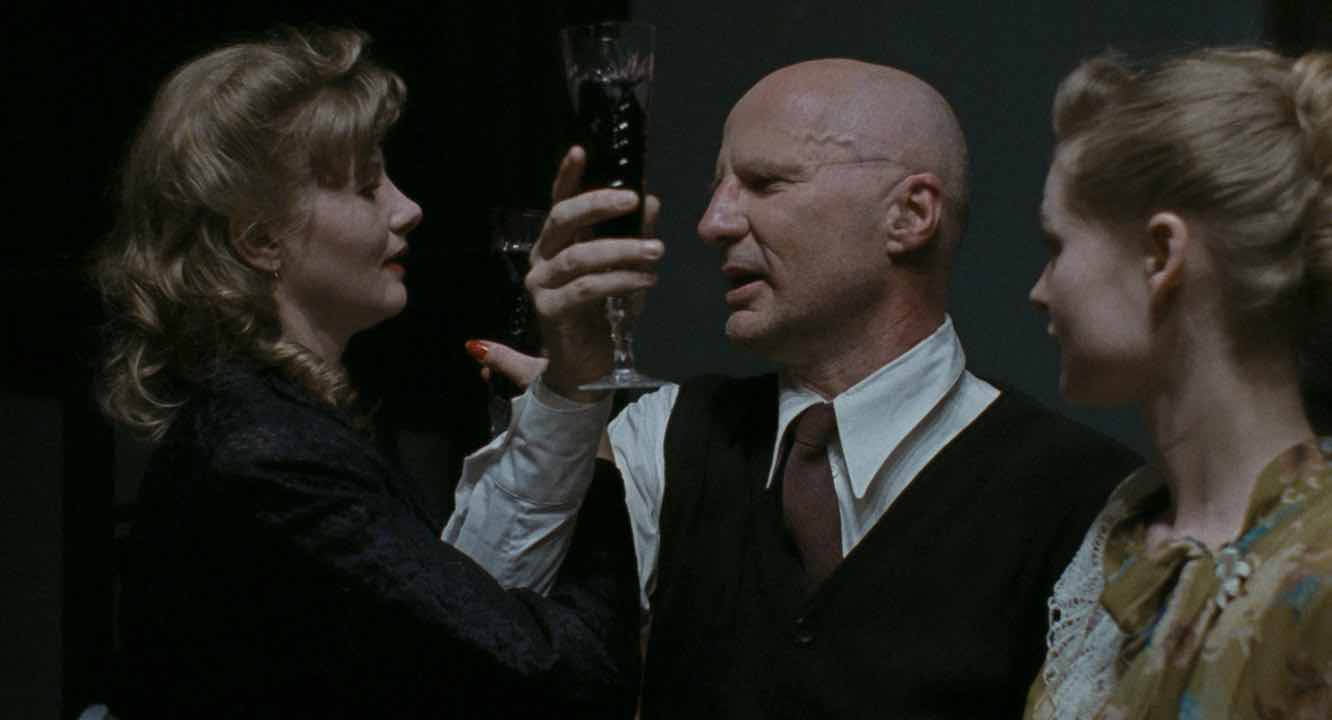
A project that emerged with the intention of interlacing fiction and reality and giving free reign to creativity. An ambitious multidisciplinary experiment that has resulted in more than 700 hours of footage spread over fifteen films and several series. DAU, Natasha is one of these films, which will be premiering at the SEFF. Co-directed by Ilya Khrzhanovskiy and Jekaterina Oertel, winner of the Silver Bear for Artistic Contribution at the last Berlinale, this controversial film, censored in Russia for 'spreading pornography and propaganda', focuses on the power relations under Stalinist terror in a scientific research centre, from the point of view of the waitress who runs the canteen.
Equally disturbing is Fanny Lye Deliver'd, the British director Thomas Clay takes us back to the post-Civil War period in England during the 17th century to construct an atmospheric and disturbing story, with elements of melodrama and western, which works as a powerful argument against Puritanism. Featuring the veteran Charles Dance (recently in the spotlight thanks to the Game of Thrones series), the film will be screened in Seville in its original 35 mm format and in its initial footage, while its distribution in theatres and on online platforms in Europe will be milder in terms of sex and violence.
Bearing the Cannes label
The Cannes Label, under which the French festival tried to compensate for its cancellation at the height of the pandemic, is the endorsement of four of the films in the Official Section in Seville 2020. One of them, Ammonite, by Francis Lee (God's Own Country), is accompanied by the imposing presence of the British Kate Winslet and the American Saoirse Ronan (who, at 26, has already collected four Oscar nominations, the last one for Little Women). Both star in the allegedly real relationship that emerged during a sea voyage between the controversial palaeontologist Mary Anning and a young babysitter. A film that highlights the process of rediscovering one' s own identity, including sexual identity, of two women facing the patriarchy and discrimination.
Also featuring the Cannes Label comes February, by Bulgarian filmmaker Kamen Kalev. A strong reflection on the human condition, the film follows the legacy of classic Eastern European cinema to tell the story of a man at three different stages in his life: at the age of 8, 18 and 82. Illuminating cinema, with a very particular poetic style and aesthetically fascinating.
Fascination, in this case generated by the influencers of the healthy lifestyle, is the protagonist of the already announced Polish-Swedish co-production Sweat, by Magnus von Horn. And last but not least, the already unveiled Gagarine represents the fourth Cannes Label film in the Official Selection: the debut film of the couple formed by Fanny Liatard and Jérémy Trouilh, this French film mixes the social cinema set in the Parisian suburbs with fantastic elements.
The Official Section also features five other films previously announced by the Festival: Luis López Carrasco's El año del descubrimiento (The Year of Discovery), David Martín de los Santos' La vida era eso (Life was That) and María Pérez Sanz' Karen, the latest works by the German Christian Petzold (Undine) and the Italian-based American Abel Ferrara (Siberia).
For further information, please contact:
anasanchez@festivalcinesevilla.eu
patriciagodino@festivalcinesevilla.eu
prensa@festivalcinesevilla.eu
T. (+34) 955 473 190
M. (+34) 623 009 573



